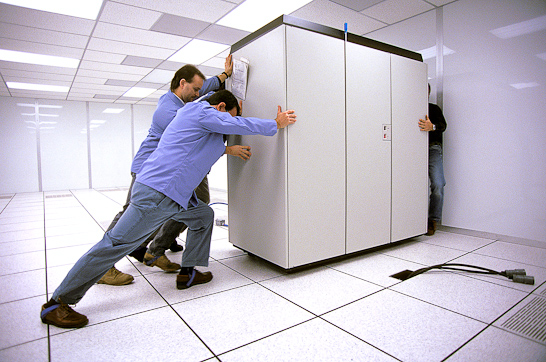One of the biggest changes in technology in the last ten years is a shift from software being bought by end users to being leased by corporations. Almost everything has gone from “buying a copy” to a subscription-based model. Companies that have replaced licenses with subscriptions include:
- Adobe
- Microsoft
- Apple
- Autodesk (Fusion 360)
- Avid Audio (ProTools)
- etc.
Of course, there are many others. But simply put: the reason these companies have switched from purchase-based to subscription-based models is because they make more money that way.
And if companies are making more money with subscriptions, that means customers are spending more money.
The main problem I have with subscription-based tech solutions is that the customer has no control over what happens with the service, their information, or anything.
“What’s wrong with paying for a service?” you may ask, rightfully so.
Let’s say you bring your car to a mechanic. You expect that, as a service, you pay them, and they fix the problems with your car. Pretty simple and straightforward.
But then you find out they’ve made copies of all your information in the glovebox- maybe photocopied your personal pictures of documents- and then sold them. They also rented out your car for other people to use without telling you, and decided that they weren’t going to permanently fix your car- they were just going to do enough to keep it running, and force you to bring it in for service once a month, or else it dies and you can no longer drive it.
Are you really in control of what happens to your car in this case? No, not really. But this is exactly the mindset we have when subscribing to a software service from a company. I’ve written ad nauseum about how large companies like to just end services and leave customers in the lurch. (This happened to me with Endomondo, Google, Feedly, and others). I quickly discovered that “my” services and apps weren’t mine at all, and my money was wasted.
If your personal, business, or church data is being hosted by a third party, you do not have control over it. Don’t fall into this trap! They can, and do, hold people’s information for ransom if you can’t pay the subscriptions. In some cases, they can even terminate your account, for no reason, and all your data with it.
The main reason people use third-party solutions is because it’s convenient. But there’s always a premium price to pay for convenience. Back in the 90’s, before most of these companies existed, businesses ran their own file servers and kept their information on-site. This wasn’t cheap, as they usually bought large “server” PC’s that were just overpriced desktops. They also usually had to run Windows NT as a Domain controller, which was also expensive. And God help you if you decided to use Novell Netware or IBM.
But today, we live in a world where hardware is dirt cheap. You can pick up a very nice desktop server for a few hundred dollars. And you can run 100% free software on it, with Linux/Gnu, BIND, Samba, Apache, NextCloud, and so on. There are plenty of cheap and free alternatives, and it only requires some reading to set them up.
There is no reason for paying subscriptions when you can run your own cloud services for next to nothing!
Taking Control of Your Data: a Plan
Here’s some steps you can do to convert from being a slave to subscriptions!
- Determine your needs. (What do you need cloud services for?)
- Find, build, or buy a cheap desktop PC (anything made in the last 5 years is good)
- Install a simple multi-disk RAID in it for a few hundred bucks (most motherboards support it now) or an external backup drive (or both)
- Download and install Ubuntu Server on it
- Install ownCloud or NextCloud
- PROFIT
Even if you (as a business) have to hire a tech guy to get it all up and running, you will come out ahead compared to what Microsoft and Google will charge you to rip you off. And at no point will your PC decide to delete your account or sell your information to anyone.
Most importantly, you’ll have control of your own information.

